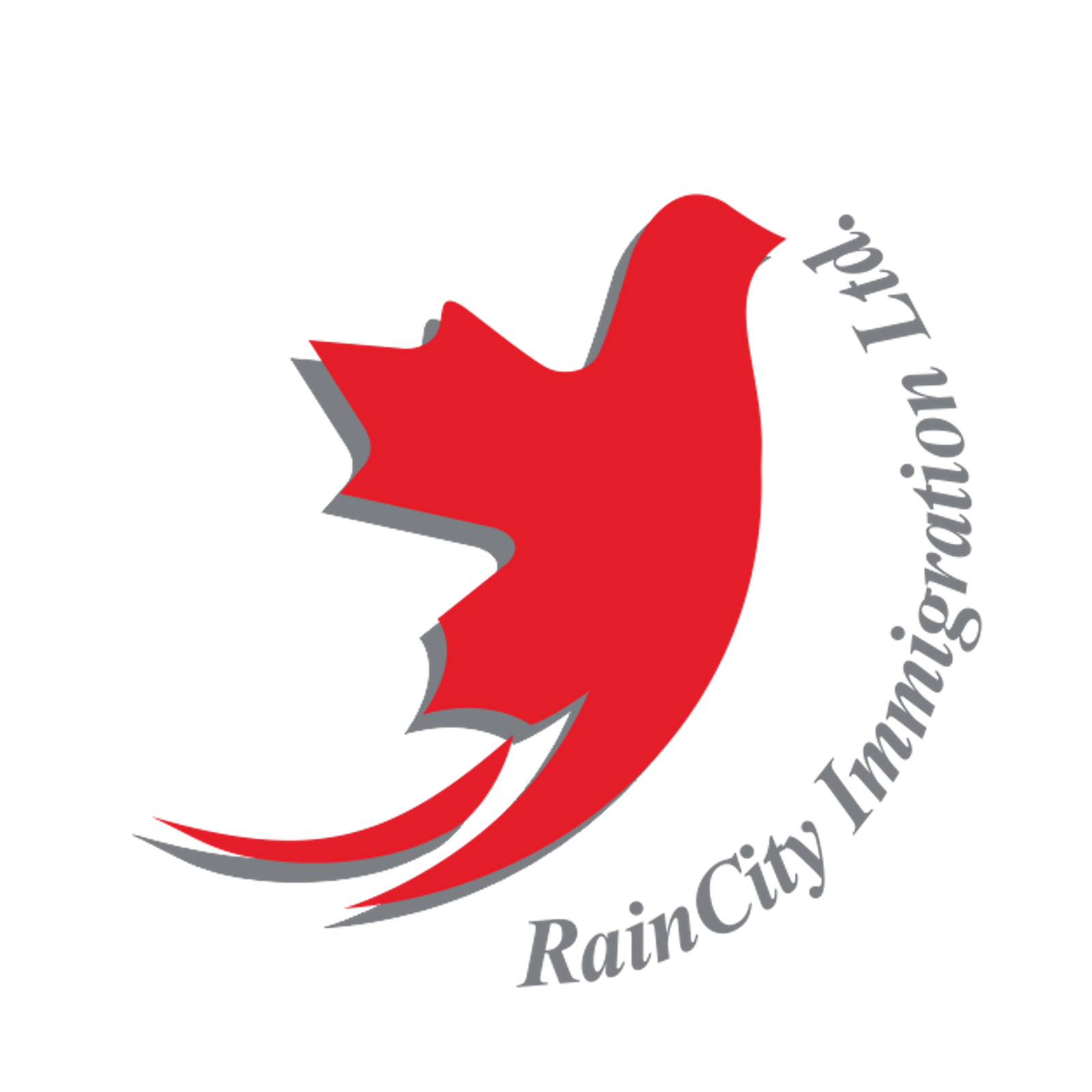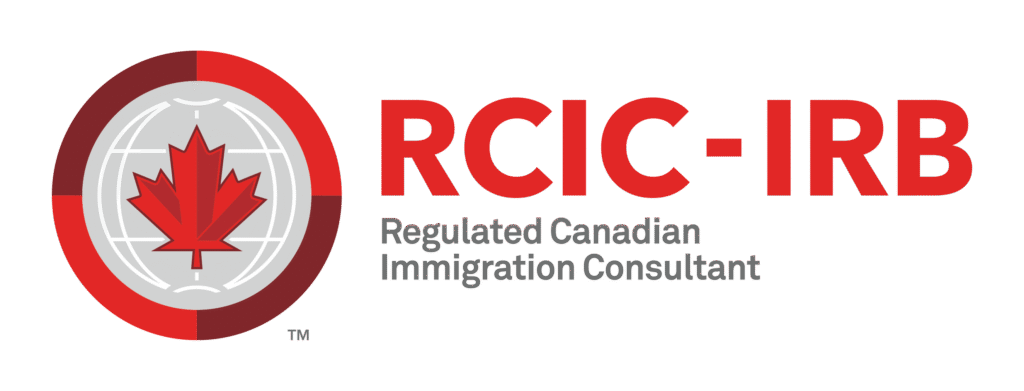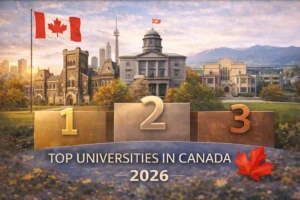Immigrating to Canada with a Technical Degree; Federal Skilled Trades Program

The immigration program for skilled trades workers in Canada, known as the Federal Skilled Trades Program (FSTP), is designed for those applicants who have work experience in the in-demand technical trades of Canada. To immigrate to Canada with a vocational degree, you need to meet certain requirements in addition to having work experience.
In this article, we’ll provide more details about this program.
Requirements for immigrating to Canada with a Technical Vocational Degree
Work Experience
Applicants must have at least 2 years of full-time work experience, or the equivalent in part-time work, in in-demand technical trades in Canada at TEER levels 2 or 3 within the 5 years prior to applying for this program.
Full-time work experience: At least 30 hours per week for 2 years, totaling 3,120 hours.
Part-time work experience: For example, 15 hours a week for 4 years, totaling 3,120 hours.
Work experience in more than one technical trade: At least 30 hours per week for 2 years, totaling 3,120 hours in more than one technical trade.
Example of acceptable work experience: Azar has been working as a hospital cook for 35 hours a week, and next week marks one year (12 months) in this position. Before working at this hospital, Azar worked as an intern at a bakery for 30 hours a week for 12 months. With that, Azar’s total work experience in the technical trades of interest to Canada comes to 3,120 hours over 24 months (2 years).
Example of unacceptable work experience: Sina works as an elevator installer for 40 hours a week. Next month will mark 20 months in this position, and his total hours worked reach 3,200 hours. However, because Sina gained this work experience in less than 2 years (24 months), he is currently not eligible for this program and must wait.
Two notes about work experience:
Hours worked beyond 30 hours a week will not be counted.
Work experience must be compensated with salary or commission.
Meeting all necessary conditions for employment in the technical trades.
The applicant must meet all the necessary requirements for employment in the desired technical and professional job according to the National Occupational Classification (NOC) of Canada.
For example, if a specific certification or work experience is required for the desired technical and professional job according to the Canadian National Occupational Classification system, the applicant must fulfill those requirements.
Job offer or certificate of qualification
To be eligible for this program, you must either have a job offer or have received a certificate of qualification in the desired technical and professional occupation from the relevant authorities.
Job Offer
The job offer must be full-time, paid, in technical and professional occupations in Canada, and for at least one continuous year consisting of a minimum of 30 hours of work per week. The job offer can be obtained from one or two Canadian employers. The job offer must either have a Labour Market Impact Assessment (LMIA) or be exempt from LMIA.
The employer or employers providing the job offer must have obtained an LMIA or if you are currently working in technical and professional occupations in Canada at the time of application, your work permit must have an LMIA, and you must be working for the employer named in the work permit.
Note: When you apply for this program, you must be legally working in Canada and maintain your legal status until you receive permanent residency.
The current employer or employers must provide you with a job offer for at least one year full-time in a job similar to your current position (with a similar NOC) or you must have a valid work permit to work in one of the technical and professional occupations that is exempt from LMIA, and be working for the employer named in the work permit at the time of application. You must have worked for at least one year full-time or the equivalent part-time for the employer or employers named in the work permit who have provided you with a job offer and received a valid job offer from them for a minimum of one year after the issuance of your permanent residency certificate.
Please refer to the examples below. In both examples, it is assumed that the job offer either has an LMIA or is exempt from LMIA.
Accepted job offer: Two Canadian employers have given Alireza a job offer for a heavy equipment operator position. Both employers have offered Alireza a job for 16 hours a week for a minimum of one year.
Uncceptable Job offer : A Canadian construction company has given Saman a job offer as a plumber. However, the working hours for the job offer are 25 hours a week.
Qualification Certificate
A qualification certificate proves that you have the necessary skills to work in technical and professional jobs in Canada, meaning you have successfully passed the required exam to obtain this certificate and meet all the necessary conditions to work in the desired technical and professional job. This certificate is issued by the relevant authorities in the province or federal government.
To obtain a qualification certificate in technical and professional jobs in Canada, the relevant authorities in the province or federal government will evaluate you, and if you qualify, you can participate in the related exam to receive the certificate.
To take the qualification exam, you must visit the relevant authorities in the desired province in person, but it may be necessary to receive training from a Canadian employer before taking the exam. The process of taking this exam and obtaining the certificate varies by province in Canada, and each province has its own procedures.
Educational Qualification
To apply for immigration to Canada with a technical and professional degree, you do not need a specific educational qualification.
However, with a Canadian educational qualification or an Educational Credential Assessment (ECA) report for a non-Canadian credential, you can increase your CRS score to have a better chance of receiving an invitation.
The Educational Credential Assessment report for non-Canadian credentials is issued by various institutions. One of the institutions that issues this report is WES.
Financial Ability
To apply through this program, you must have the necessary financial ability based on the number of family members.
However, if you are legally working in Canada at the time of application or have received a job offer from a Canadian employer, you do not need to prove your financial ability.
| Number of family members Required | financial ability (CAD) |
|---|---|
| 1 | 13757 |
| 2 | 17127 |
| 3 | 21055 |
| 4 | 25564 |
| 5 | 28994 |
| 6 | 32700 |
| 7 | 36407 |
| For each additional family member | 3706 |
Age Conditions
There is no age limit to apply for this program, but naturally, as age increases in the Express Entry system, you lose points. So, if you are eligible for this program, get started sooner rather than later.
Language Proficiency
To qualify for this program, you need to prove your language skills according to the table below.
| Test | Listening | Reading | Writing | Speaking |
|---|---|---|---|---|
| General IELTS | 5 | 3.5 | 4 | 5 |
| General CELPIP | 5 | 4 | 4 | 5 |
| PTE Core | 39-49 | 33-41 | 41-50 | 51-58 |
| TEF Canada | 181-216 | 121-150 | 181-225 | 226-270 |
| TCF Canada | 369-397 | 342-374 | 4-5 | 6 |
In-demand Skilled Trades for Work Immigration to Canada
Your work experience must be listed in the Canadian NOC jobs under TEER levels 2 or 3 and belong to one of the following groups:
| Group | Jobs | Examples |
|---|---|---|
| Main Code 72 (excluding Subgroup 726) | Trades | Electrical system contractors and carpenters and blacksmiths |
| Main Code 73 | Intermediate-level jobs in construction and transport Concrete | finishers and painters and truck drivers and railway locomotive engineers |
| Main Code 82 | Jobs specific to supervisors in natural | resources and agriculture and related production Supervisors in mining and forestry and farm contractor/agriculture services |
| Main Code 92 | Jobs specific to production and processing supervisors and facilities | Food and beverage processing supervisors and power systems engineers and operators |
| Main Code 93 (excluding Subgroup 932) | Central control and processing operators | Central control and processing operators in mineral and metal processing and paper mill operators |
| Minor Group 6320 | Cooks and butchers and bakers | Cook and butcher (meat cutter) and baker (pastry chef) |
| Unit Group 62200 | Chefs | Catering chef and pastry chef |
Documents Required for Immigration to Canada with a Vocational Degree
Before applying through this program, you need to prepare the following documents:
Passport
Language test score
Canadian educational credential or assessment report for foreign credentials
Job offer (if available)
Documents proving work experience
Qualification certificate (if available)
Documents proving financial ability
After receiving an invitation from the federal government, you must also submit the following documents:
Police clearance certificate from any country where you have lived for more than six months after turning 18.
Medical test report
Birth certificate along with a new translation
Complete necessary forms
Immigration Process to Canada with a Vocational Degree
1. Determine eligibility for applying to this program
2. Create a profile in the Express Entry system and enter the pool
3. Receive an ITA from the federal government based on CRS score
4. Submit PR documents and wait for the federal government’s final decision
Frequently asked questions
If the province in question doesn’t provide a certificate of qualification for the desired skilled trades, how can one qualify for this program?
Tuition for undergraduate programs in Canadian universities ranges from $10,000 to $20,000, and for master’s programs, it ranges from $13,000 to $25,000. For doctoral studies, it’s between $5,000 and $15,000. For some universities, tuition must be paid before receiving a visa, while for others, it is paid after arriving in Canada and enrolling in the institution.
If I immigrate to Canada through the skilled trades program and receive permanent residency, can I work in all provinces of Canada?
The standards and training requirements for skilled trades vary from province to province in Canada. So it depends on you and your Canadian employer whether you meet all the necessary qualifications and requirements to work in that skilled trade in your chosen province.





